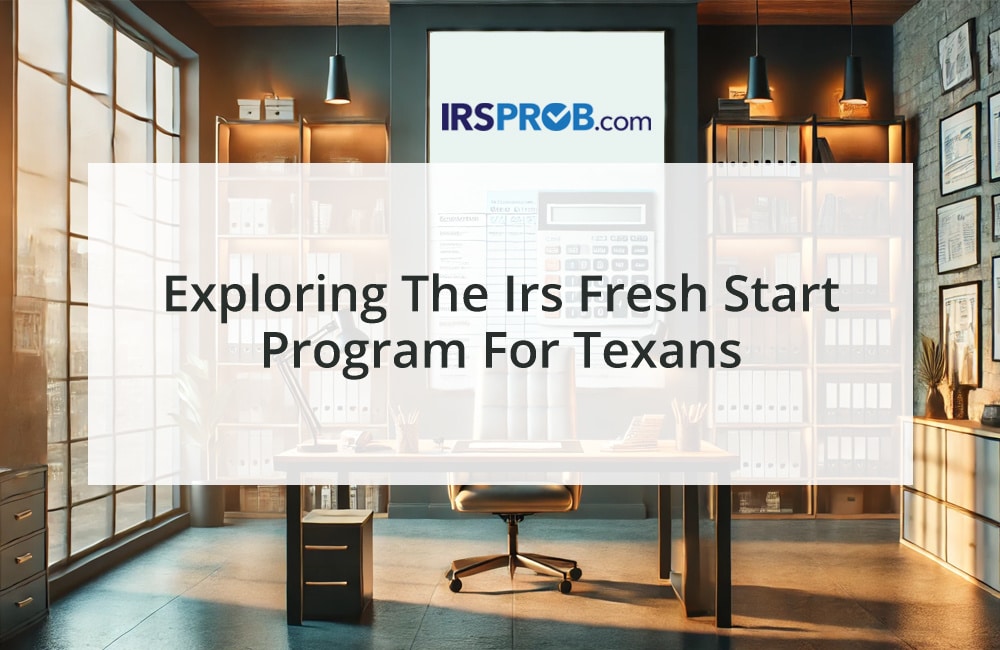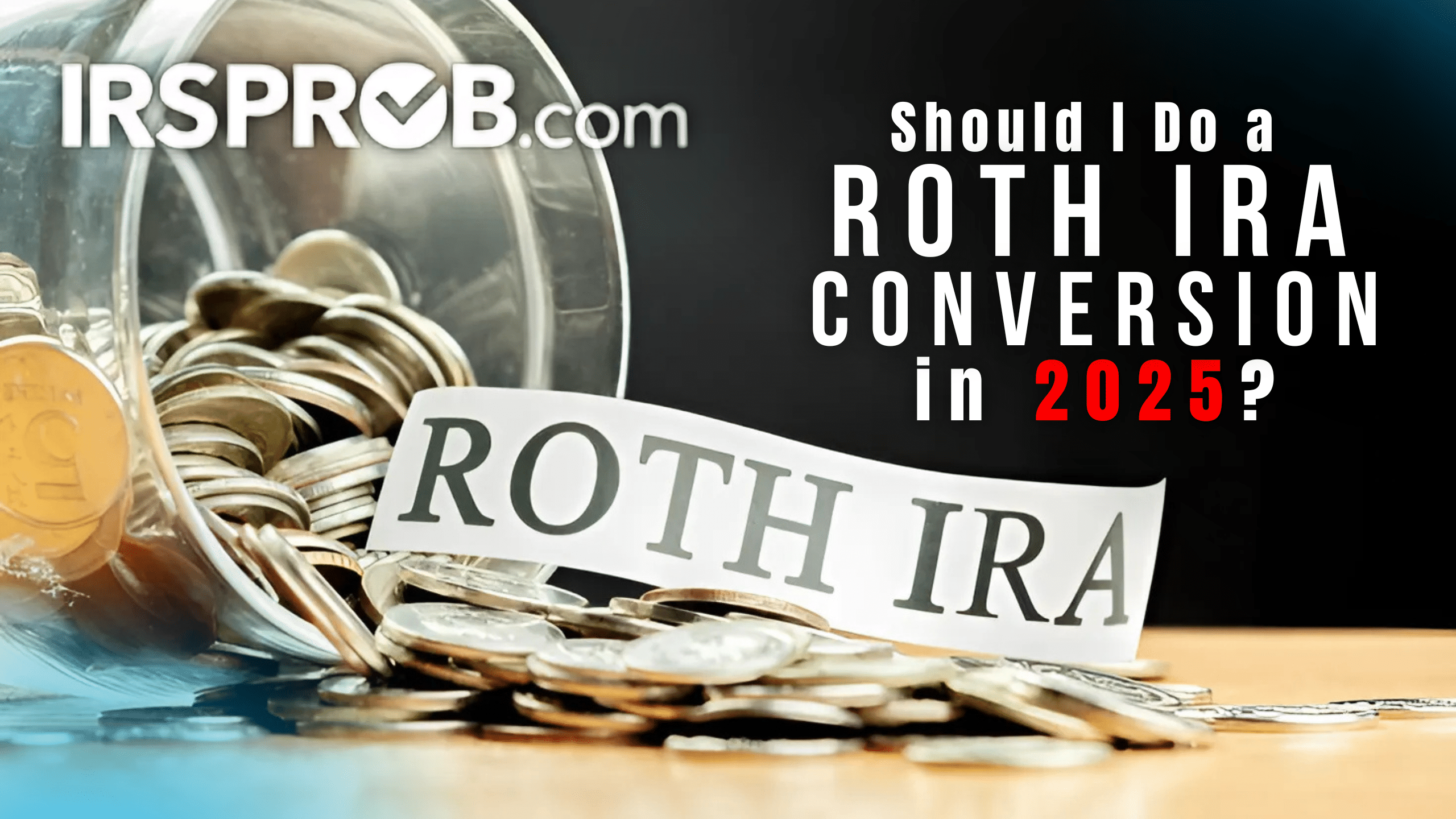
A solid buy-sell agreement is crucial for any business owner, especially those in closely held companies, to ensure smooth transitions and protect their financial interests. These agreements are typically a key part of succession planning and can prevent financial instability or disputes when major life events, such as death or disability, affect business ownership.
What is a Buy-Sell Agreement?
A buy-sell agreement is a legal contract that outlines how a business owner’s share of the company will be handled in the event of death, disability, or retirement. The agreement ensures that the business remains operational and outlines the process for the remaining owners to buy out the departing owner or their estate.
The agreement can be structured in different ways, with the two most common types being:
- Cross-Purchase Agreements
- Stock Redemption Agreements
Cross-Purchase Agreements
In a cross-purchase agreement, each business owner takes out a life insurance policy on the other owners. Upon the death of one owner, the remaining owners use the proceeds from the life insurance to buy the deceased owner’s share of the company.
Advantages of Cross-Purchase Agreements:
- Stepped-Up Basis: The surviving owner benefits from a step-up in basis, which reduces the potential capital gains tax when the business is eventually sold.
- Tax-Free Proceeds: Life insurance proceeds are not taxable to the beneficiary.
- Creditor Protection: The life insurance proceeds are not subject to the company’s creditors, keeping the transaction separate from the business’s financial liabilities.
Disadvantages of Cross-Purchase Agreements:
- Multiple Policies: If there are several owners, each must take out a policy on the others, which can become cumbersome with multiple policies in place.
- Cost Disparity: Older owners typically face higher premiums, leading to uneven costs between younger and older owners.
Stock Redemption Agreements
With a stock redemption agreement, the company itself purchases life insurance on each owner. In the event of an owner’s death, the company uses the life insurance proceeds to buy out the deceased owner’s interest.
Advantages of Stock Redemption Agreements:
- Fewer Policies: Fewer insurance policies are required compared to cross-purchase agreements, simplifying administration.
- Company Buys Shares: The company buys back the ownership interest, making this option simpler in terms of ownership structure.
Disadvantages of Stock Redemption Agreements:
- Tax Consequences for C Corporations: For C corporations, life insurance proceeds increase earnings and profits, potentially leading to dividend taxation if these amounts are distributed to shareholders.
- No Step-Up in Basis: The remaining owners do not benefit from a step-up in basis, leading to potential future tax liabilities.
Importance of Valuation
Valuation is a critical aspect of buy-sell agreements. Business valuations can fluctuate over time, and it’s essential that the agreement accounts for these changes. If the agreement doesn’t accurately reflect the company’s value, disputes could arise regarding the buyout price.
Additional Considerations
- Key Person Insurance: In addition to buy-sell agreements, business owners should consider key person insurance. This insurance covers the loss of a key individual whose absence could significantly impact the business’s operations. The proceeds can be used to cover debts, find a replacement, or compensate the deceased’s family.
- Disability Insurance: Protecting the business against the potential disability of an owner is another important consideration. Disability insurance ensures a stream of income during the period when an owner is unable to work, which helps maintain business stability.
Practical Steps for Business Owners
- Evaluate Ownership Structure: Understand how your ownership structure impacts the choice between a cross-purchase or stock redemption agreement.
- Update the Agreement Regularly: Business valuations change over time, so ensure the buy-sell agreement is updated to reflect the current value of the business.
- Consider Insurance Needs: Business owners should weigh the cost and benefits of life insurance, key person insurance, and disability insurance, which can protect both personal and business interests.
- Consult Tax and Legal Professionals: Buy-sell agreements have significant tax and legal implications, so it’s crucial to seek professional advice to structure them in the most advantageous way.
Conclusion
Buy-sell agreements are an essential part of any business owner’s succession plan. Whether you choose a cross-purchase or stock redemption agreement, the right plan ensures that your business continues smoothly, even in the face of unexpected events. By carefully structuring your agreement and keeping it up-to-date, you can protect both your business and your beneficiaries from unnecessary complications.









